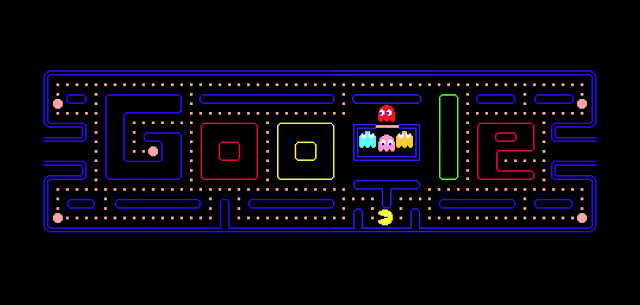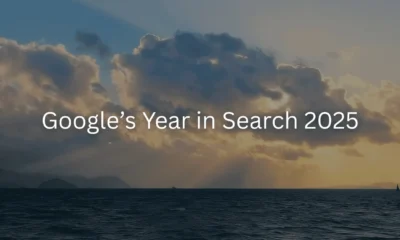SEARCHENGINES
Google Again Says No EAT Score But It’s Indirectly In The Search Ranking Algorithm

It has been some time since I covered the topic of E-A-T (expertise, authoritativeness and trustworthiness) here. But John Mueller of Google was asked this on Friday at the 10:30 mark. John said that while there is no E-A-T score that Google uses, E-A-T is important and is in the search ranking algorithm in an indirect way.
John said “assume that there is some indirect kind of work done to try to to do similar things, yes” when asked if E-A-T, specific to expertise and authoritativeness, is in the “real algorithms.” John continued to explain that if Google spends the time to put it in the search quality raters guidelines then “we think that it’s something important and then you can “assume that folks on the quality search quality side” who work on the ranking algorithms will work with it in some way.
John however reiterated that “I wouldn’t see like there’s like an EAT score,” something we covered before. It is not like a score “you have to get five or something like that on it,” he explained. “It’s more kind of like trying to understand the context of the content on the web and that’s very i don’t know fuzzy area,” he added.
Just some history, Google said before in 2020 Google does not explicitly measure EAT, in 2019, Google said they don’t have an EAT score. In early 2020, Google said it’s systems don’t look for EAT but later in 2020, Google said it hopes its system does align with EAT. Google however has been adding mentions of E-A-T to its search help docs.
Here is the video embed:
Here is the transcript:
Question: I have some questions about EAT. In quality raters guidelines the authors, expertise are important so do you think it’s also important for a real algorithm? I mean EAT is just mentioned in quality of raters guidelines but I want to know if real algorithms also care about EAT factors like authors, experts?
Answer: I would assume that there is some indirect kind of work done to try to to do similar things, yes. I mean we put this in the guidelines so that we can kind of guide the quality testers to to double check these things and if we think that it’s something important then I would assume that folks on the quality search quality side also work to try to understand that in a more algorithmic way. But I wouldn’t see like there’s like an EAT score and you have to get five or something like that on it.It’s more kind of like trying to understand the context of the content on the web and that’s very i don’t know fuzzy area.
Glenn Gabe’s summary on Twitter:
More: If we think it’s something important, then I would assume that people working on the search quality side also work to understand it in a more algorithmic way. There isn’t an E-A-T score. It’s more about understanding context of content across the web https://t.co/KnidYPBr7s pic.twitter.com/Q4dtTD5yUI
— Glenn Gabe (@glenngabe) February 19, 2022
Forum discussion at Twitter.


















You must be logged in to post a comment Login